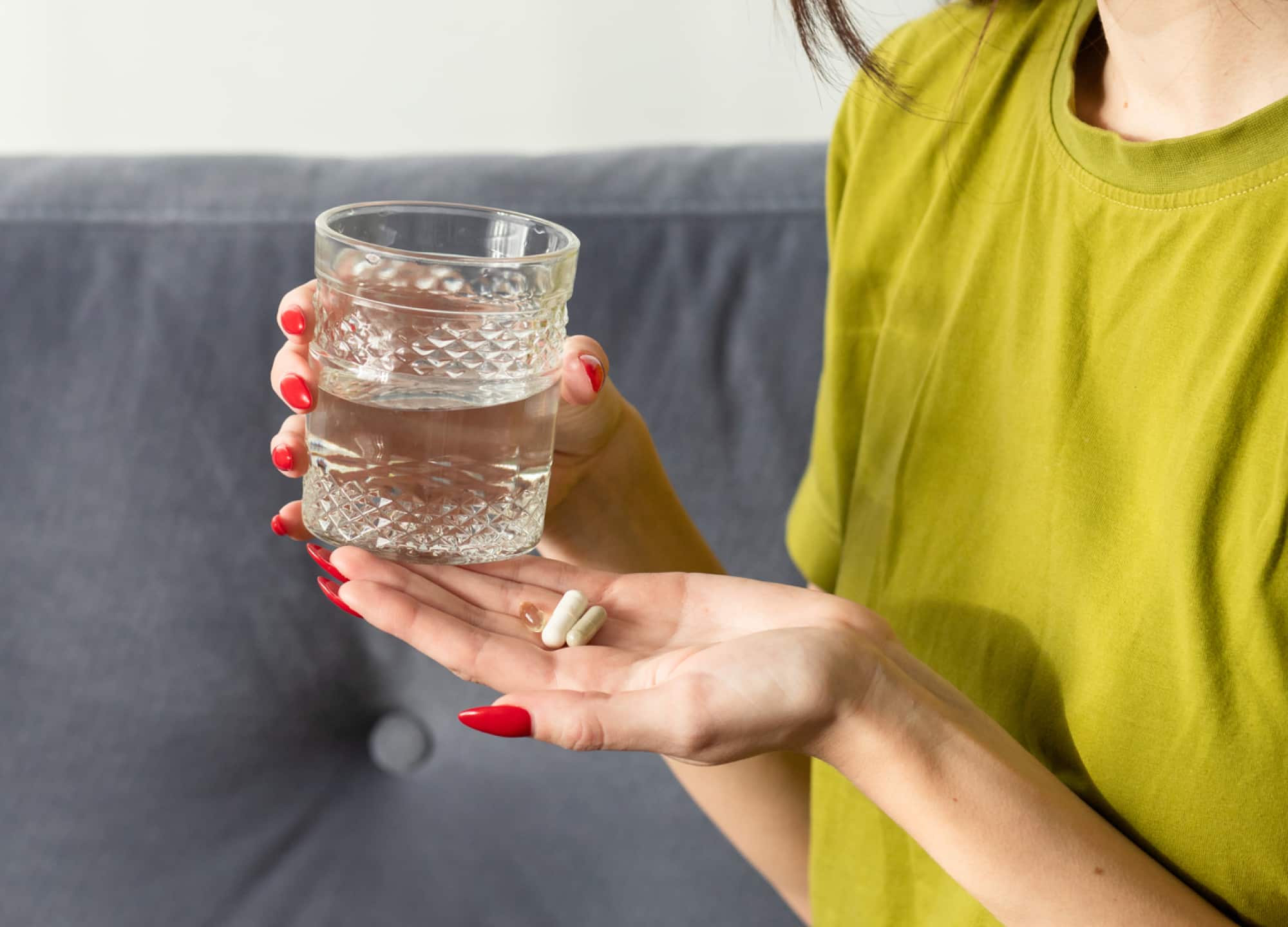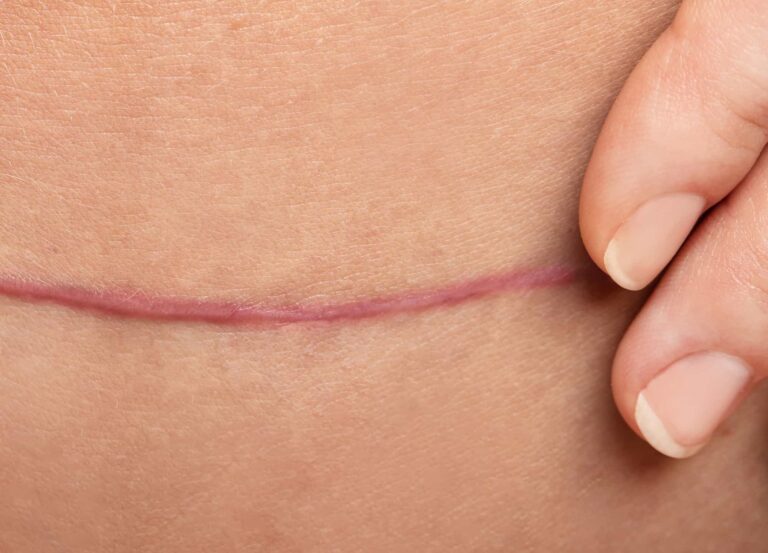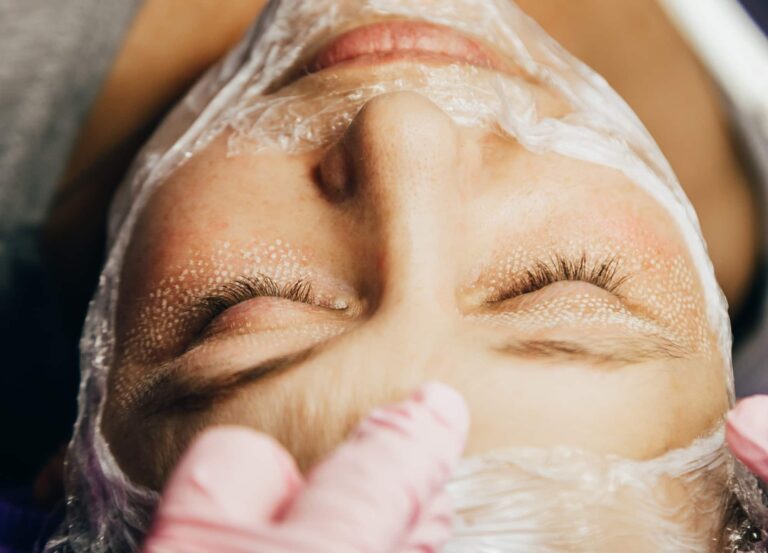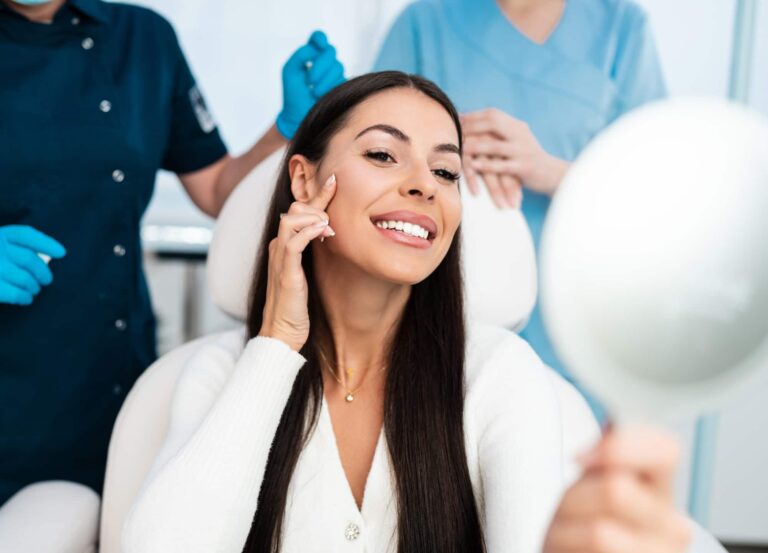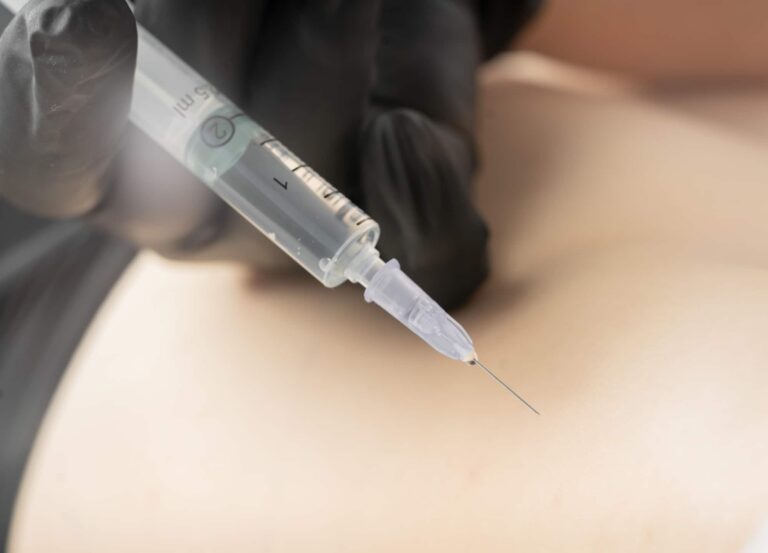Plastic surgery can come with a lot of prep once you’ve scheduled your appointment, like making arrangements for aftercare and getting into a calm, low-stress headspace ahead of your procedure. With these comes rethinking your supplements; it’s another important but often overlooked step ahead of surgery, since even herbal supplements can thin the blood (making it harder for wounds to clot post-surgery) or even interfere with your anesthesia.
“It’s crucial to follow your plastic surgeon’s recommendations when it comes to stopping supplements and homeopathic remedies and adjusting your diet before surgery,” says San Antonio, Texas–based board-certified plastic surgeon Dr. Gary Lawton. The specific recommendations will vary depending on the type of surgery you’re having, your medical history, and your surgeon, among other factors, he adds. “As always, consult with your plastic surgeon for personalized guidance.”
That said, these are generalized guidelines—so make sure you talk with your doc, to make sure you’re set. Ahead, the supplements to take (and skip), both before and after surgery.
Supplements to stop taking before surgery
There are two groups of supplements that should be off limits ahead of surgery: those that increase your risk of bleeding and others that could potentially mess with anesthesia. “While most medications and supplements are okay to keep taking, we always recommend discontinuing blood thinners for our patients,” says New York City board-certified plastic surgeon Dr. David Shafer. While this includes standard medications, the same goes for supplements that have a similar effect.
Which supplements thin the blood?
While adding a clove of garlic to your dinner shouldn’t be an issue, garlic supplements—as well as an excessive amount of garlic in your diet—can have blood-thinning properties, says Dr. Lawton. Other herbal supplements, like ginseng, turmeric, and curcumin, also have anticoagulant properties; in other words, they impact your blood’s ability to clot.
Meanwhile, ginkgo biloba is known for its antiplatelet effects, meaning it prevents red blood cells from sticking together and can therefore increase the risk of bleeding, says Dr. Lawton. High doses of vitamin E can also make bleeding more likely.
Which supplements interfere with anesthesia?
Other types of supplements may impact how well your anesthesia works—or make it more unpredictable. Take St. John’s wort, which is commonly used to treat mild depression. “This herbal supplement can interact with anesthesia medications,” says Dr. Lawton.
On top of that, valerian root, which is used as a natural sleep aid, “may increase the sedative effects of anesthesia,” he says. Since dosing anesthesia for a given procedure is incredibly precise, it’s best to stop taking these well in advance.
When to stop taking supplements
You should hit pause on your supplements two weeks before surgery and for two weeks after, says Lisa Calhoun, RN, a nurse manager at Madnani Facial Plastics. This creates a generous buffer around your surgery, to minimize the risk of any effects.
Supplements to take after surgery
When you’re recovering from surgery, your biggest priority should be supporting the healing process and minimizing the risk of complications, to the extent that you can. Supplements can be an optional yet important part of this. “While there is limited scientific evidence to support the use of homeopathic remedies, there are several supplements and lifestyle practices that can promote healing, reduce swelling, and provide immune support following plastic surgery,” says Dr. Lawton.
Which supplements help with bruising and swelling?
To reduce temporary post-op side effects, like bruising and swelling, certain supplements can help. One of the best-known is Arnica montana, which is a popular homeopathic remedy for bruising. “While scientific evidence supporting its efficacy is limited, some individuals find it helpful,” says Dr. Lawton, who also points to bromelain as a good anti-inflammatory option. “Bromelain is an enzyme found in pineapple that may help reduce inflammation and swelling.”
Another option is vitamin K, which can help with clotting (and in doing so, reduce the risk of bleeding). This makes it helpful for minimizing bruising, says Dr. Shafer—although he notes that it’s usually not necessary if you’re already taking arnica and bromelain and isn’t advised if you have a history of blood clots.
Which supplements help with immune support?
Supporting your immune system after surgery can help with your recovery and boost your protection against infections. One supplement that does just that is vitamin C, which “is known for its role in collagen production and wound healing,” says Dr. Lawton. Plus, he says, “adequate vitamin C intake can help with wound healing.” While you can get it from fruits and vegetables, he recommends checking with your surgeon for the right dosage if you take it as a pill or capsule.
Dr. Lawton is also a fan of zinc, which, he says, can help with both immune function and tissue repair. However, don’t take more than the recommended daily amount (11 mg for men and 8 mg for women), since this can be potentially harmful, he says.
Ultimately, vitamin C, arnica, and bromelain in particular are common recommendations for patients, according to Calhoun—although following them is voluntary. Patients “can begin taking a few days prior to surgery and continue for two weeks post surgery,” she says.
Whatever you choose to take, however, keep in mind that “what works for one person may not work the same way for another,” says Dr. Lawton. Talk through the options with your doctor, to ensure the right supplement lineup for you.







